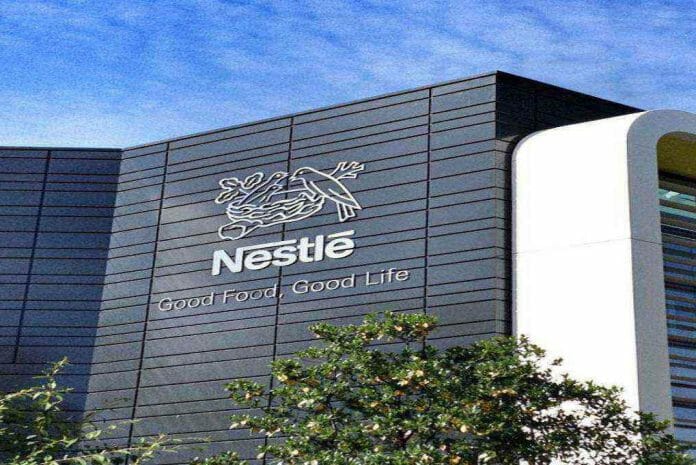NESTLE’s FY22 results met expectations. While expecting its top line to stay robust with the pandemic ebbing, Kenanga Research remains cautious on elevated input cost at least until 1HFY23, suppressing margins.
Also, consumers may switch to cheaper alternatives should high inflation persists. The house raises its FY23F net profit by 4%, and lift TP by 5% to RM122.07 after rolling forward the valuation base year to FY23F. However, UNDERPERFORM call is maintained on the concerns mentioned above. A final DPS of 122 sen was declared cumulating full-year DPS of 262 sen (99% payout), meeting expectations.
Domestic sales were boosted by strong F&B and retail performances. Its F&B business grew 15%, cementing its position as the largest topline contributor at 82%. EBITDA only grew 12% on account of the still elevated commodities prices, and a weaker MYR, partially mitigated by reduced Covid-19 related expenses and improved operational efficiency. QoQ, 4QFY22 topline fell slightly by 2%, hinting that some of its products have moved beyond the reach of consumers given several price hikes since end-2021. On the flipside, EBITDA improved by 15% as it passed on the elevated input costs to consumers. Cautious outlook ahead. We remain cautious on NESTLE’s outlook.
Kenanga sees downside risks to Nestle’s topline growth and margins as consumers down trade, i.e. opting for cheaper brands or alternatives. Further hiking of ASPs could worsen already dampened demand. Gradual price hikes could eventually come to an end by 2QFY23 as: (i) it is somewhat shielded from the strengthening USD against the MYR given its strategy of hedging forward its USD requirements for 3-5 months since 2HCY22, and on expectations of a more favourable spot exchange rates by 2QCY23, (ii) its high-cost inventories are whittled down by 1HCY23 and it starts to enjoy the softening food commodity prices, and (iii) global supply-chain disruptions (that has been a driver of cost inflation) ease.
Aside from concerns over the loss of market shares, Kenanga believes NESTLE has moral as well as ESG obligations not to excessively raise prices of its staple food products that make up the daily diet of the population.









